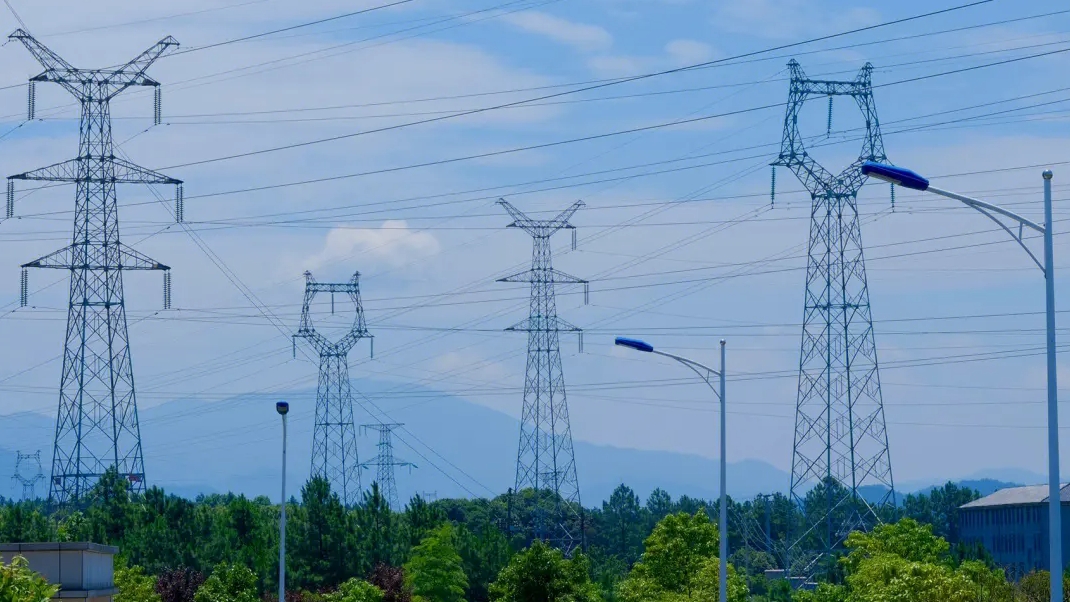The island nation of 22 million people is grappling with a severe shortage of foreign exchange reserves that pushed its economy into freefall in 2022, shrinking it by 7.8% that year.
Sri Lanka increased power prices by 75% in September 2022 and by another 66% in February 2023 to fall in line with energy price adjustments required under a $2.9 billion bailout from the International Monetary Fund (IMF).
The power tariff rises together with higher taxes and fuel cost hikes pushed inflation to a record high of 70% in September 2022, later declining to 6.5% in January 2024.
The tariff reduction to be proposed to the power regulator is possible due to increased rainfall, the appreciation of the rupee and lower interest rates, Power and Energy Minister Kanchana Wijesekera told parliament on Wednesday.
"We will reduce tariffs by 18% on households and religious institutions. A reduction of 12% will be given to factories," he said.
"We want to pass on as much relief as possible to the people, as soon as possible."
In October, the power regulator approved an 18% electricity tariff hike for households as part of efforts to boost the revenues of state-run power monopoly the Ceylon Electricity Board. A decision about the proposed tariff cut announced on Wednesday is expected from the regulator in the next couple of weeks.
The four-year Extended Fund Facility with the IMF, finalised in March last year, comes with conditions that include raising taxes, removing subsidies and cutting public sector debt.
Sri Lanka's central bank expects inflation to return to the government's 5% target from the last two quarters of the year but warned that it could be affected by higher global and local energy prices.
